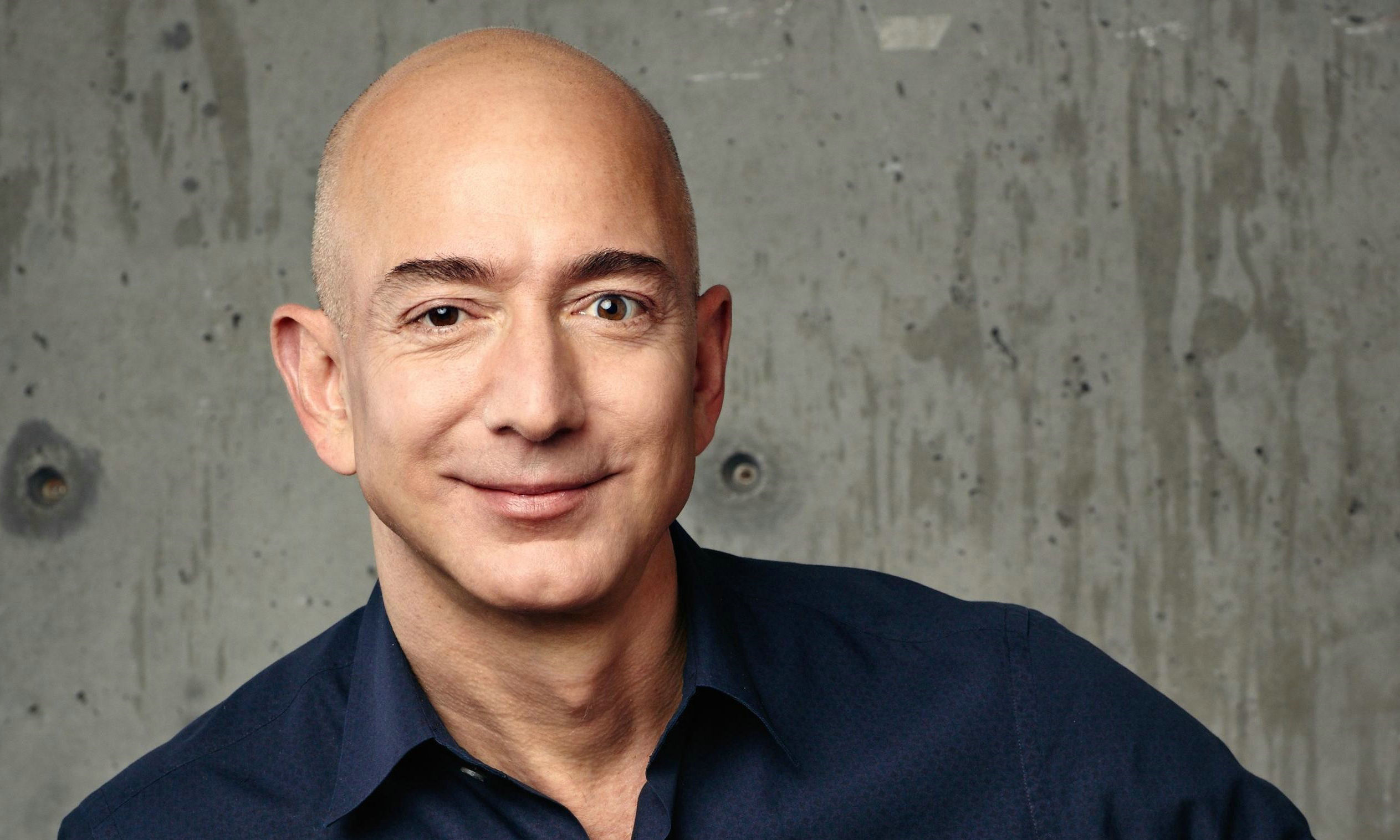In the vast starry sea of science fiction literature, Ted Chiang is like a unique star, attracting countless readers and thinkers with his profound ideological glow and exquisite writing skills. This Chinese-American science fiction writer, although the number of his works is not large, each one is refined. Each short story is like a carefully carved gem, reflecting deep insights into science, philosophy and human nature.
"Science fiction is a hotbed of thought experiments, not technological prophecies."
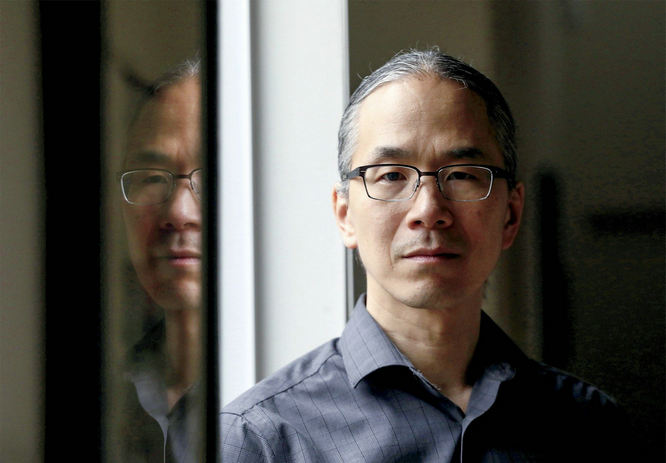
This view of Ted Chiang is just like what is shown in his work "Story of Your Life", which goes beyond the traditional science fiction framework and focuses more on the exploration of philosophical propositions such as time, language, cognition and free will. This work not only won the Hugo Award and the Nebula Award, but also was adapted into the movie "Arrival", triggering global discussion. It makes us think: If we know all the processes of life in advance, will we still make the same choices?
"Story of Your Life" tells the story of linguist Louis Banks communicating with the alien civilization Heptapod. The Heptapod uses a non-linear language, and they convey all information simultaneously, which forces Banks to re-examine the nature of time and how it shapes our thinking and perception. Through this setting, Ted Chiang poses a shocking philosophical proposition: If we can predict the future, does it mean the existence of free will?
The River of Time and the Dance of Life
In the novel, Banks, through learning the language of the Heptapod, gradually is able to "preview" the entire life of his daughter, including those moments of happiness and sadness. This perspective beyond time allows Banks to experience a transcendent calmness and acceptance, and also makes him realize the preciousness of every moment. Through this plot, Ted Chiang explores the total acceptance and cherishing of life, even in the face of inevitable pain and loss.
"Science fiction is another interpretation of reality, not an escape."
"Story of Your Life" is not only a science fiction story about alien communication, but also a profound reflection on the essence of human existence. Through this work, Ted Chiang expresses the true meaning of science fiction literature - it is not a fantasy to escape from reality, but to use imagination to explore the boundaries of reality, and to map the universal truth of human emotions and society in extreme situations. The story of Banks makes us think about the delicate balance between free will and fate, and the philosophical difference between the active embrace and passive acceptance of life.
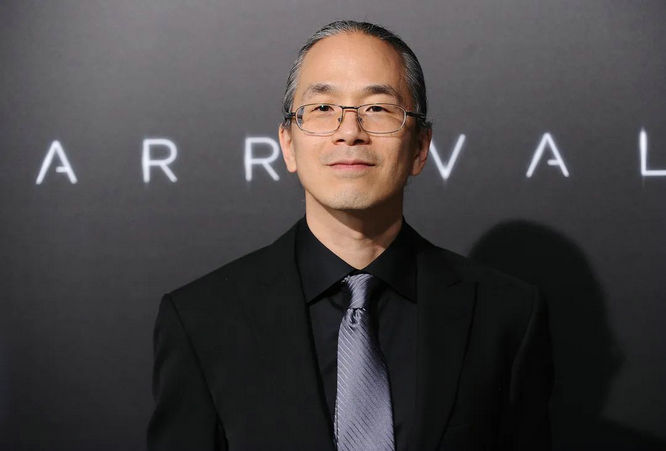
Influence and Inspiration
"Story of Your Life" not only caused a sensation in the literary world, but its profound themes and innovative narrative techniques also inspired other forms of artistic creations. The 2016 movie "Arrival" is precisely based on this novel adaptation. Director Denis Villeneuve successfully visualized the concepts in the novel, allowing global audiences to intuitively feel the non-linear beauty of time and memory. The success of this movie further expands the influence of "Story of Your Life", making it a cross-media cultural phenomenon.
"The Merchant and the Alchemist's Gate": The Ethical Maze of Time Travel
In "The Merchant and the Alchemist's Gate", Ted Chiang uses a mysterious gate that can lead to any moment in the past as a medium to explore the ethical boundaries of time travel and the greed of human nature. This gate is not only a bridge in physical space, but also a stage for the collision of cultural, economic and even moral concepts. Through the perspective of the merchant, Ted Chiang reveals the social injustice and moral dilemma hidden behind technological progress. Just as he said, "Technology itself is neutral, but the way it is used can be extremely good or extremely evil."
Mirror of History and Allegory of Modern Times
In the novel, the merchant uses this door to establish a trade empire that spans two major civilizations. Seemingly bringing wealth and prosperity, it actually accelerates the unequal distribution of resources and triggers a series of social changes. This setting reflects the real problem of capital flow in the context of globalization, and also conducts an incisive analysis of the ethical challenges brought about by technological progress. Through this door, Ted Chiang allows readers to face a core question directly: When the power of technology is sufficient to reshape the world, how do we ensure that it is a tool to promote fairness rather than exacerbating inequality?
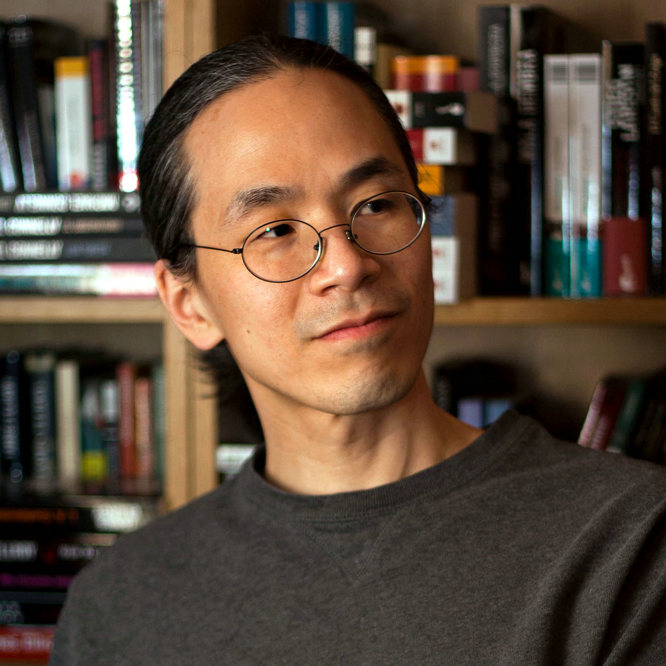
Relativity of Time and Reevaluation of Value
"The Merchant and the Alchemist's Gate" also cleverly touches on the philosophical issues of time perception and the value of life. As the story progresses, readers are guided to think: If time is no longer a limitation, how do we measure the value of life? In the story, the choices and sacrifices of the characters not only concern the fate of individuals, but also a profound discussion of "existence is reasonable". With his words, Ted Chiang makes us realize that what is truly precious are those things that cannot be obtained through technology - love, sacrifice and the brilliance of humanity.
Support of Data and Cases
Although "The Merchant and the Alchemist's Gate" is a fictional work, the questions it raises are closely connected to the real world. For example, the actual data of globalization shows that the rapid development of technology and trade has indeed greatly improved the overall economic level, but at the same time has also exacerbated the wealth gap between and within countries. A report released by the World Bank shows that from 1990 to 2015, although the proportion of the global poor has decreased significantly, income inequality has risen in many countries and regions, which forms a sharp contrast to the prosperity and problems brought by the "door" in the novel.
"Heaven Is a Place Where Nothing Ever Happens": Dialogue between Religion and Science
In "Heaven Is a Place Where Nothing Ever Happens", Ted Chiang unfolds a profound dialogue about perception, knowledge and belief from the perspective of a blind female scientist. The story revolves around a naturally blind female protagonist who regains her sight through an advanced neural surgery. However, this process is not only the recovery of vision, but also the reconstruction of the world's cognition. Through the perspective of the female protagonist, Ted Chiang explores the essential difference between "seeing" and "understanding", and proposes that "vision" is not only the reception of physical light and shadow, but also the mind's interpretation and emotional connection to the world. Just as he said, "The acquisition of knowledge often accompanies the subversion of cognition."
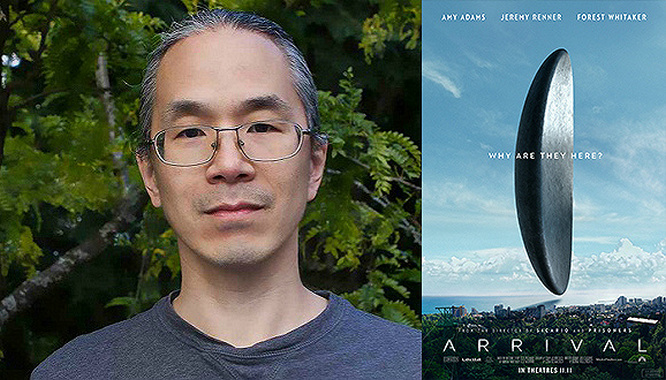
Symphony of Science and Religion
In "Heaven Is a Place Where Nothing Ever Happens", Ted Chiang skillfully integrates the dialogue between science and religion into the story. After the female protagonist's vision is restored, her understanding of the world conflicts with the perception established through touch and hearing before, and even questions her former beliefs. This process is a profound discussion of the complex relationship between scientific rationality and religious belief, showing that the two are not mutually exclusive, but can coexist and symbiotically and mutually inspire.
Reflection of Cases and Data: Dual Facets of Technology and Humanity
In the real world, similar technological progress, such as cochlear implant and retinal implant surgery, is gradually changing the lives of disabled people. However, at the same time of technological progress, it also triggers profound discussions on identity, social adaptability and the spiritual level. A study shows that postoperative patients may experience an "identity crisis" while obtaining new sensory experiences, which coincides with the experience of the female protagonist in "Heaven Is a Place Where Nothing Ever Happens", highlighting the reality of the complex interweaving of technology and humanity.
In-depth Analysis: The Journey of Cognitive Remodeling and Self-Discovery
"Heaven Is a Place on Earth" is, on a deeper level, a journey of exploration and remodeling of self-cognition. After the female protagonist regained her eyesight, she experienced the process from shock, rejection, adaptation to final acceptance. This process is the broadening of the boundary of self-cognition and also the redefinition of "who I am". Ted Chiang hereby proposes that the true "hell" is not the absence of physics, but the loss of spirit; the "place where God is not" may just be in the exploration and discovery within everyone's heart.
Influence and Honor: The Low-key Giant
Although Ted Chiang himself is extremely low-key and seldom appears in public, his works have received extremely high evaluations and wide influence all over the world. In addition to the above awards, his works such as "Understanding" have also been included in various college textbooks and become texts for discussing issues such as artificial intelligence and cognitive science. Ted Chiang's creation, with its concise and profound, has won the title of "Kafka in the science fiction field".
Conclusion: Science Fiction, Beyond the Future
Ted Chiang's works let us see the infinite possibilities of science fiction literature - it is not only the imagination of future technology, but also the profound exploration of humanity, philosophy, and the mysteries of the universe. Just as he said, "The science fiction novels I write are about the reaction of humans when facing extraordinary concepts." In Ted Chiang's words, we met ourselves, met the universe, and also met that eternal philosophical question: Who am I? Where do I come from? Where am I going?
Through Ted Chiang's stories, we not only appreciate the charm of science fiction, but also deeply understand its value as a thought experiment. In this era of rapid change, his works are like a lighthouse, guiding us to think about deeper issues and explore the boundaries of the unknown.
